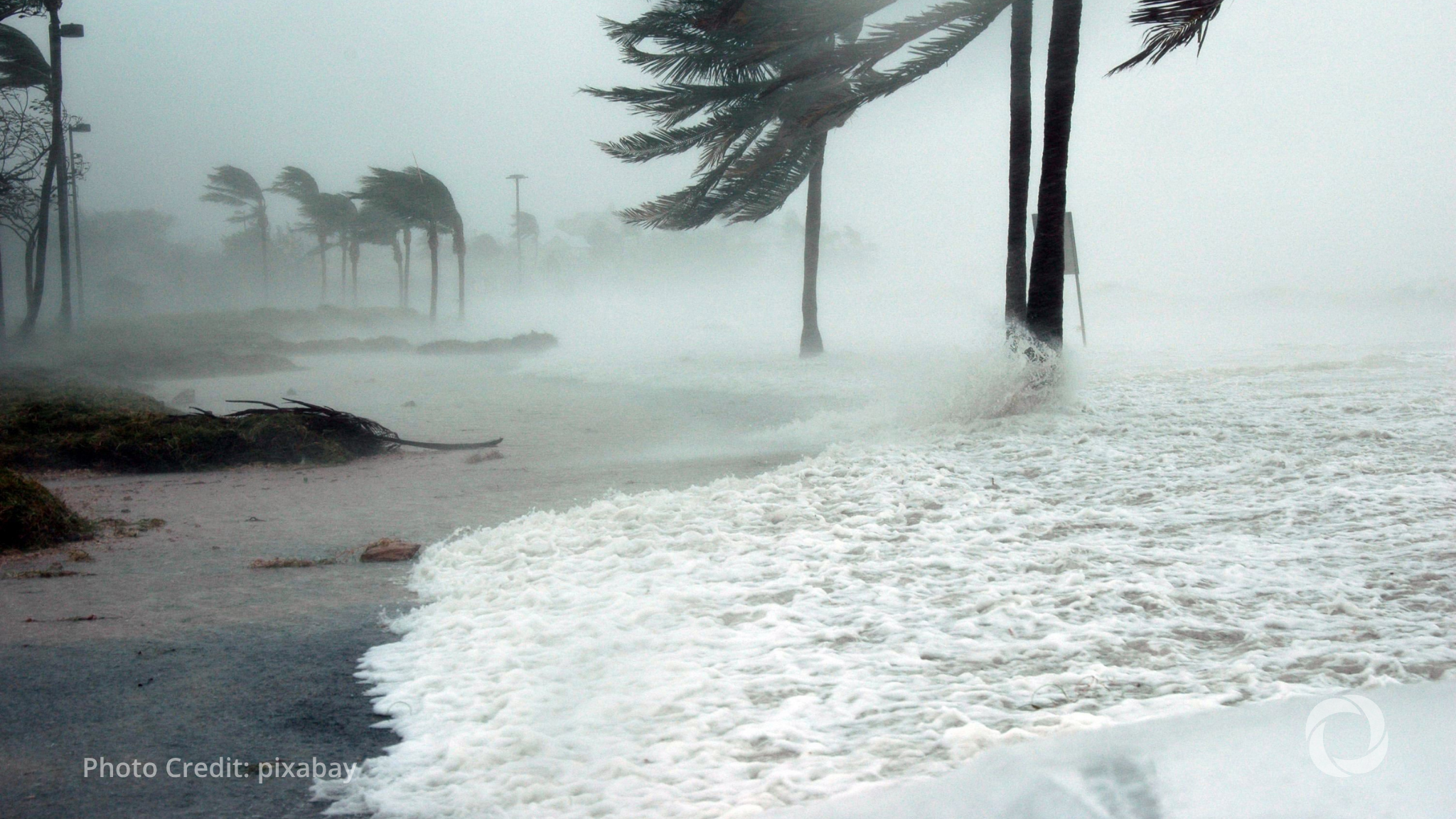The Inter-American Development Bank (IDB) has expanded its emergency credit line for Jamaica and is ready to provide up to $300 million in fast-disbursing resources to support the country’s response to Hurricane Melissa, the IDB announced. The funds, available upon government request, will support humanitarian assistance, restore essential services, and back other emergency measures being implemented.
The money comes from the IDB Contingent Credit Facility originally approved in 2018 to help Jamaica respond to natural disasters and other emergencies. This week, the IDB’s Board of Executive Directors expanded the total available amount in the credit line, reinforcing its commitment to Jamaica’s resilience and recovery efforts.
IDB Group President Ilan Goldfajn says the bank is working hand-in-hand with the government and partners to address the devastating impacts of Hurricane Melissa. “This expanded facility enables Jamaica to respond rapidly and effectively, while also strengthening its long-term resilience to future disasters,” he said.
The bank is making other instruments available to support recovery, including an emergency technical cooperation grant of up to $500,000, pending board approval, to cover urgent humanitarian needs. Immediate response facilities can finance rehabilitation efforts of up to $20 million per project, and existing projects can be reformulated to redirect resources toward disaster-related expenses and speed up recovery efforts.
Over the past two years, the IDB has worked with Jamaica to expand its financial protection. Besides expanding the credit facility, the bank signed a memorandum of understanding with the World Bank in August 2023 to extend support for the region on the effective use of instruments that strengthen both reserve funds and existing risk-transfer mechanisms. Earlier this year, the IDB provided training and ran simulation exercises with national entities to boost preparedness, which can enable faster and more coordinated emergency responses. The bank is also coordinating with the European Union, the United Kingdom, the World Food Programme, and other regional and international partners.

